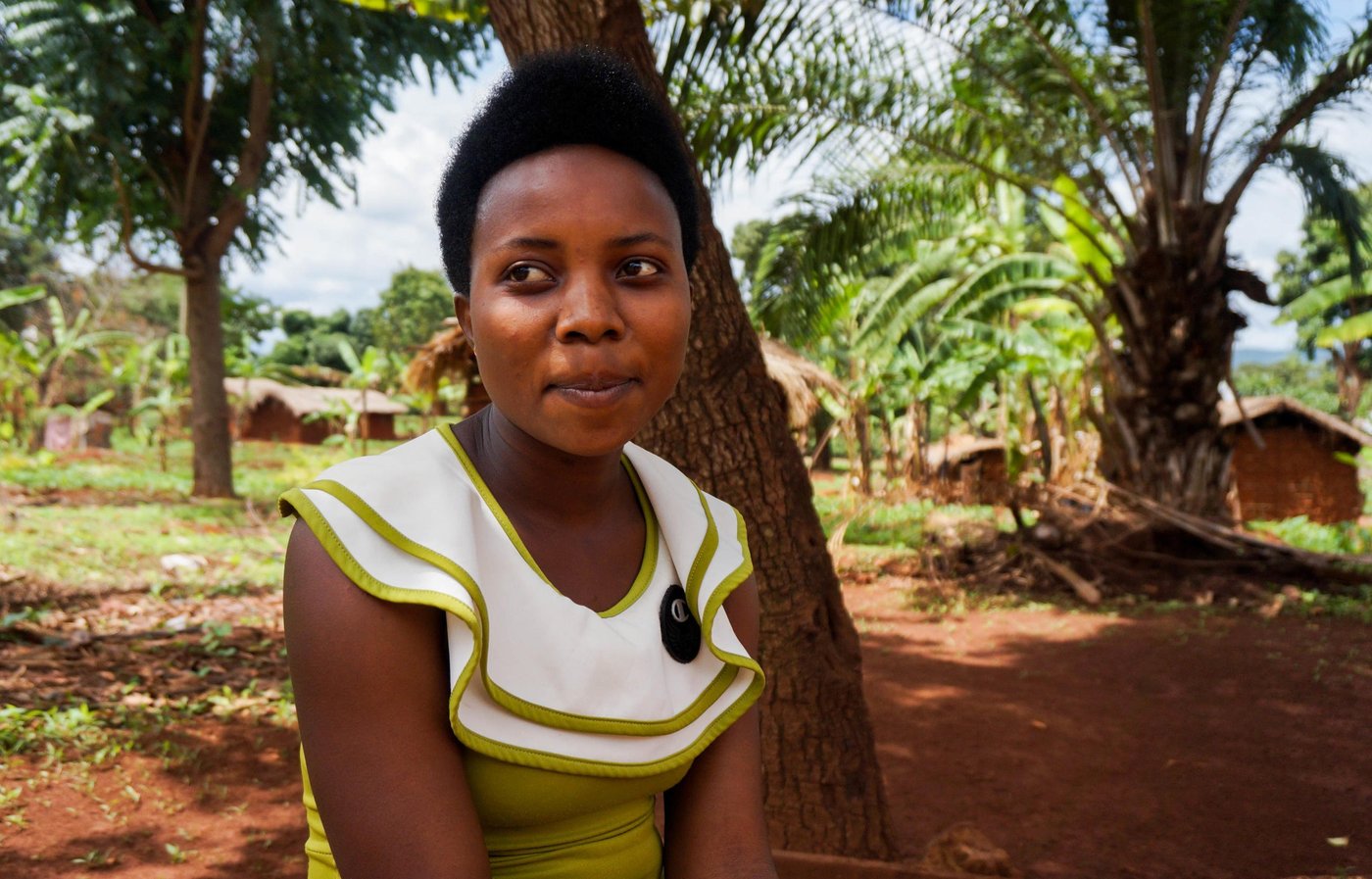When you hear the word “refugee”, it is easy to imagine a person living in a refugee camp. But in reality, only a fraction of the world’s refugees and internally displaced people live in camps. The vast majority move into – or in the vicinity of – existing towns and villages: the host community. This can subject host communities to a lot of pressure, and conflicts can arise.
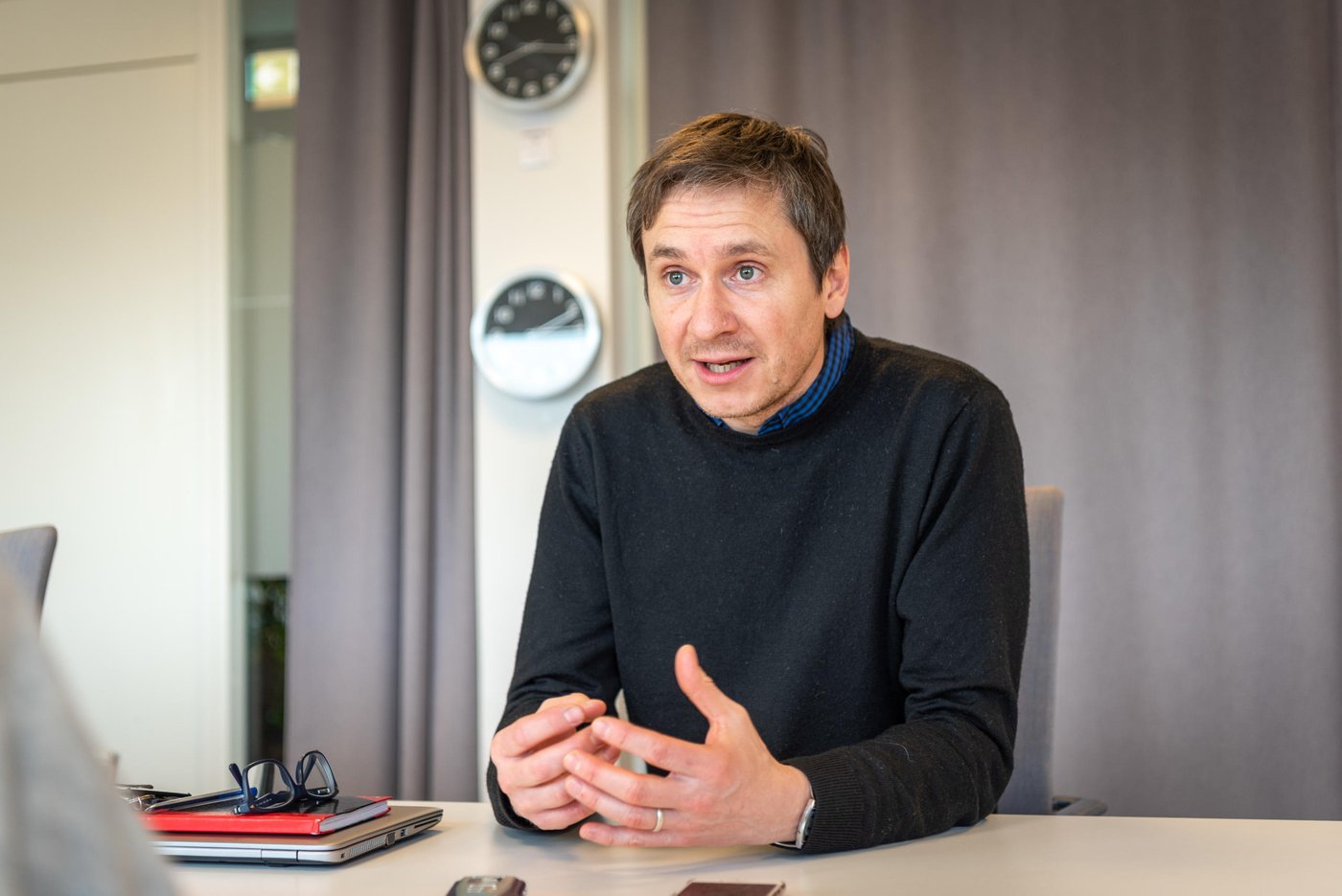
Refugee camps are our last optionMartin Suvatne
One reason why camps are not optimal is that there are so few job opportunities there. This makes it difficult for refugees and internally displaced people to become financially independent, which in turn makes it easy to lose faith in a future.
“In addition, it is incredibly expensive to run a refugee camp, when we have to offer people food, shelter, water and electricity. We simply don’t have enough resources. So, it is really best if refugees can live in host communities. It is a solution that benefits everyone,” says Suvatne.
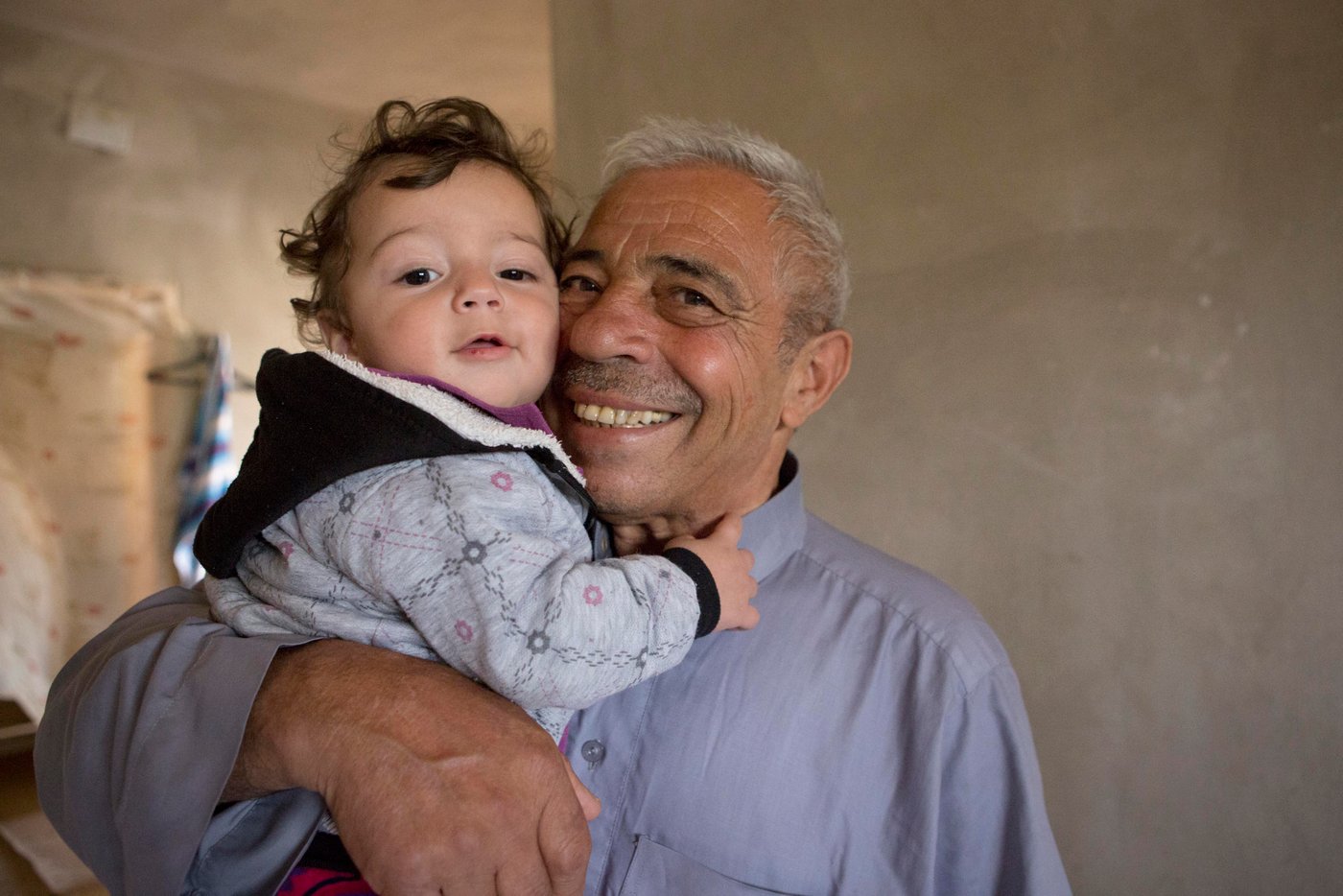
Pressed housing market
Host communities generally want to help people who have had to flee from war or conflict – who have had to leave everything they own, everything they live on and everything they love.
But it often proves to be difficult to keep a positive attitude when schools become overfilled and your own children don’t get the teaching they are entitled to. Or when you can’t get a job because there are so many people vying for the same position. Or when salary levels go down because some people accept or work at lower wages.
Or when there is a shortage of housing. When the few houses that are available become too expensive. As an example of the last point, Suvatne points to Jordan, one of Syria’s neighbouring countries, which was severely affected by the crisis:
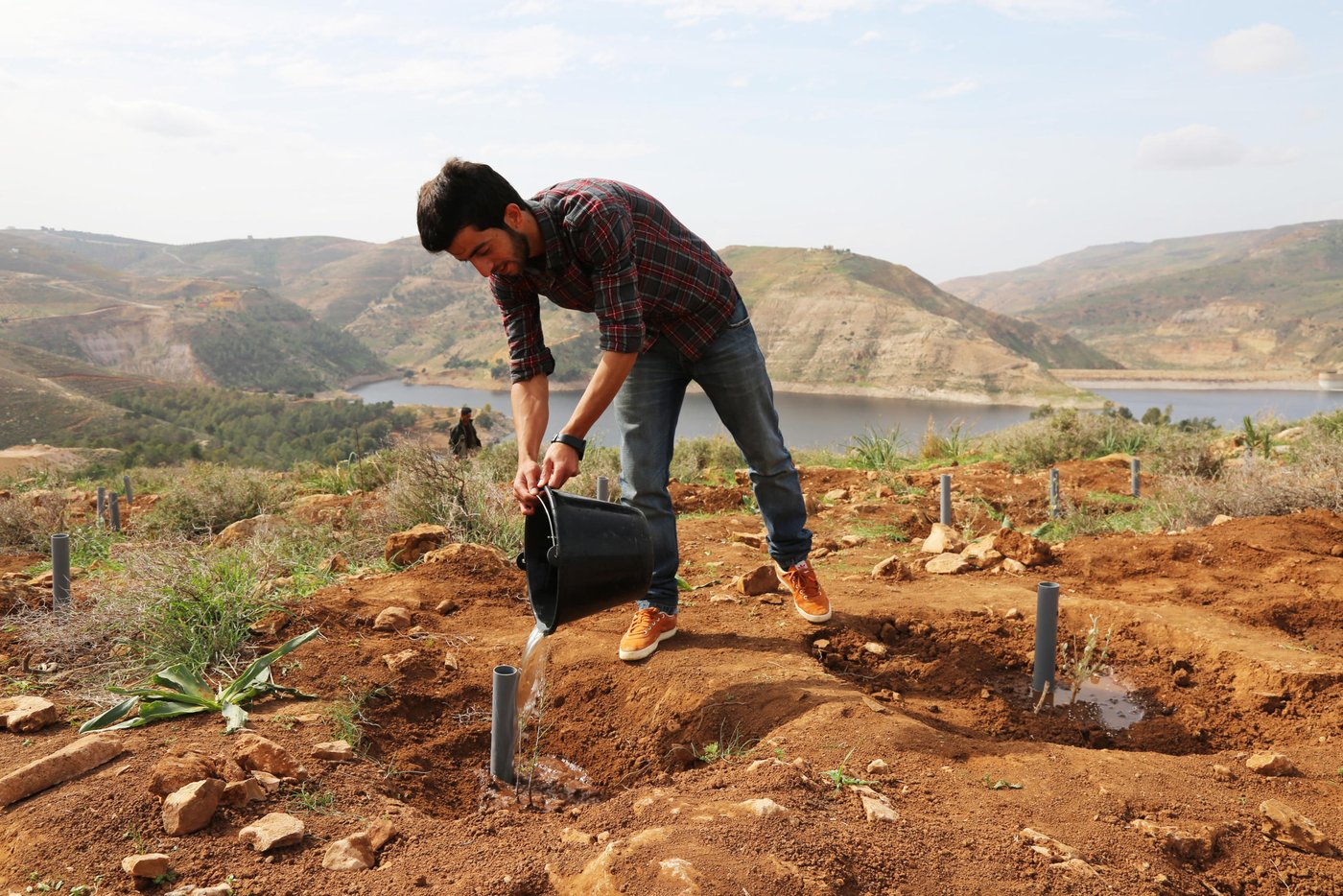
“Many are familiar with Zaatari refugee camp in Jordan. It was built as a temporary solution in 2012, but around eighty thousand people are still living there. Many more refugees live outside Zaatari camp. A great number of them are looking for a place to live. This has radically changed the housing market: there are many more people who need apartments than there are apartments available. The rental prices rise. This also affects ordinary Jordanians.”
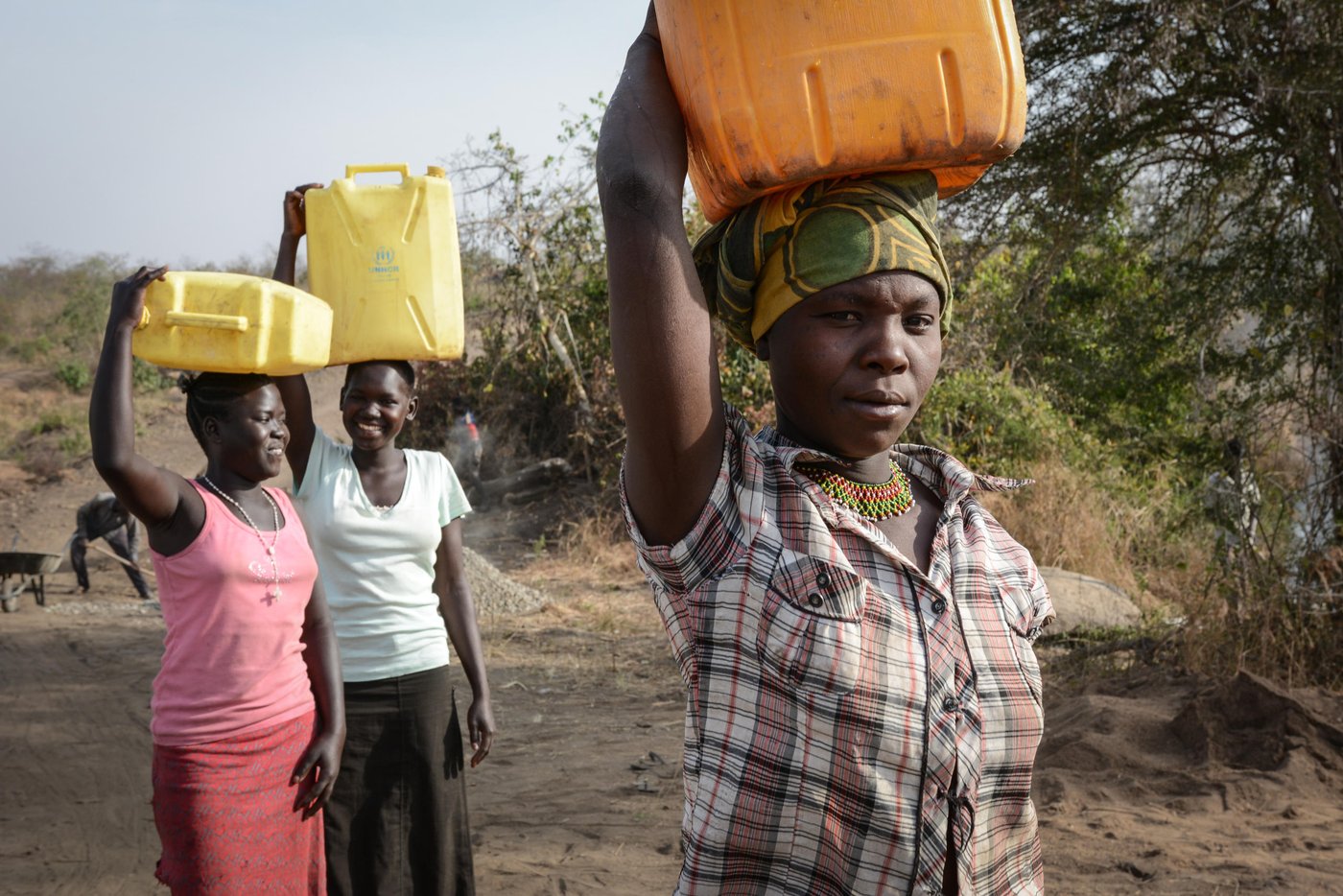
Favourable agreements
It is often the case that people see their house as an investment, in the sense that they build onto the house in times when they can afford it. For example, they may add a new storey one year, while putting in windows the following year. Perhaps the homeowner has calculated that it will take seven or ten years to completely finish their house.
But NRC can come in and offer the person a favourable agreement:
“We say that we can finish the house in the next two to three months. In return, we ask the owner to lend their house to refugees for a period of one, two or three years. This is controlled by a solid, legally binding agreement,” says Suvatne.
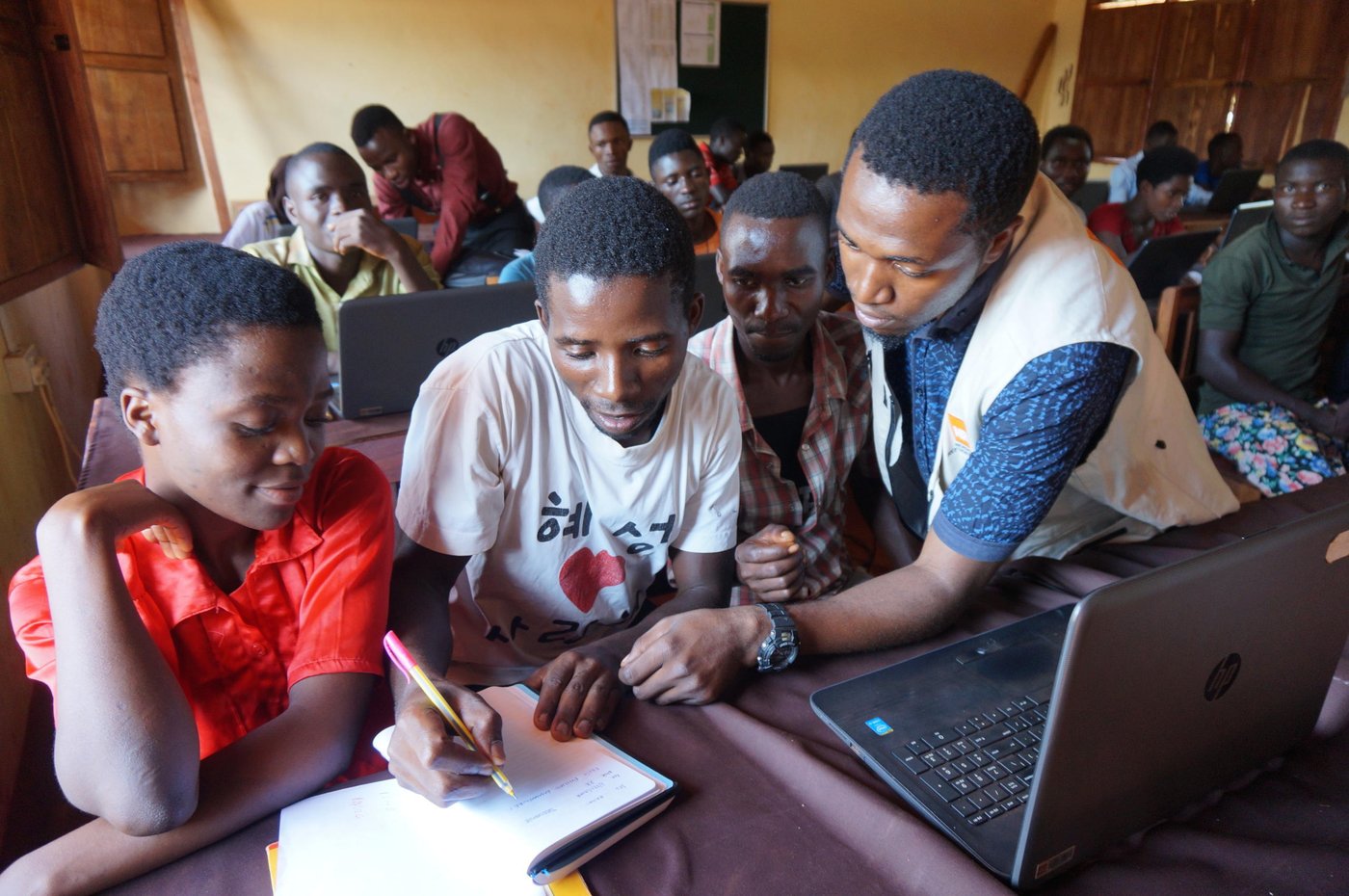
Or if it is a house that has been damaged and needs repair. Then NRC pays for the repairs in return for the owner agreeing to let refugees live in part of the house for a period, for example. The house is given a simple but good standard.
In this way, NRC also contributes to reducing the demand in the market somewhat and to stabilising prices.
Not alone – together
For NRC, our goal is to find good and lasting solutions. Whether this means that refugees and internally displaced people return home, that they stay or that they find another place to go.
“In any case, the host community must not feel forgotten. Also, the host community can be affected by the crisis. They shouldn’t feel like they are alone in this situation. The host community must be able to see that having refugees live there with them can be beneficial. That they receive help they would not have had otherwise,” says Suvatne.
That’s why NRC includes the host community in everything we do. This way, we avoid conflicts, and hopefully also contribute to a more peaceful world.


